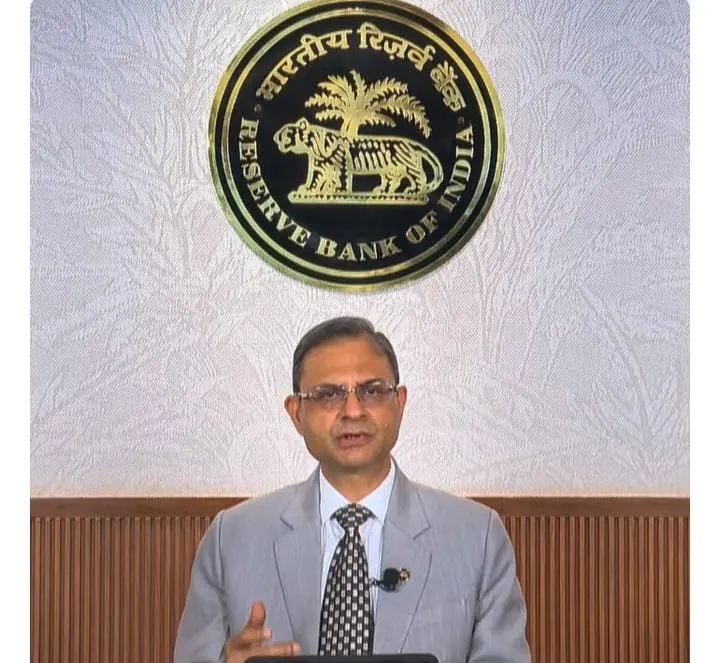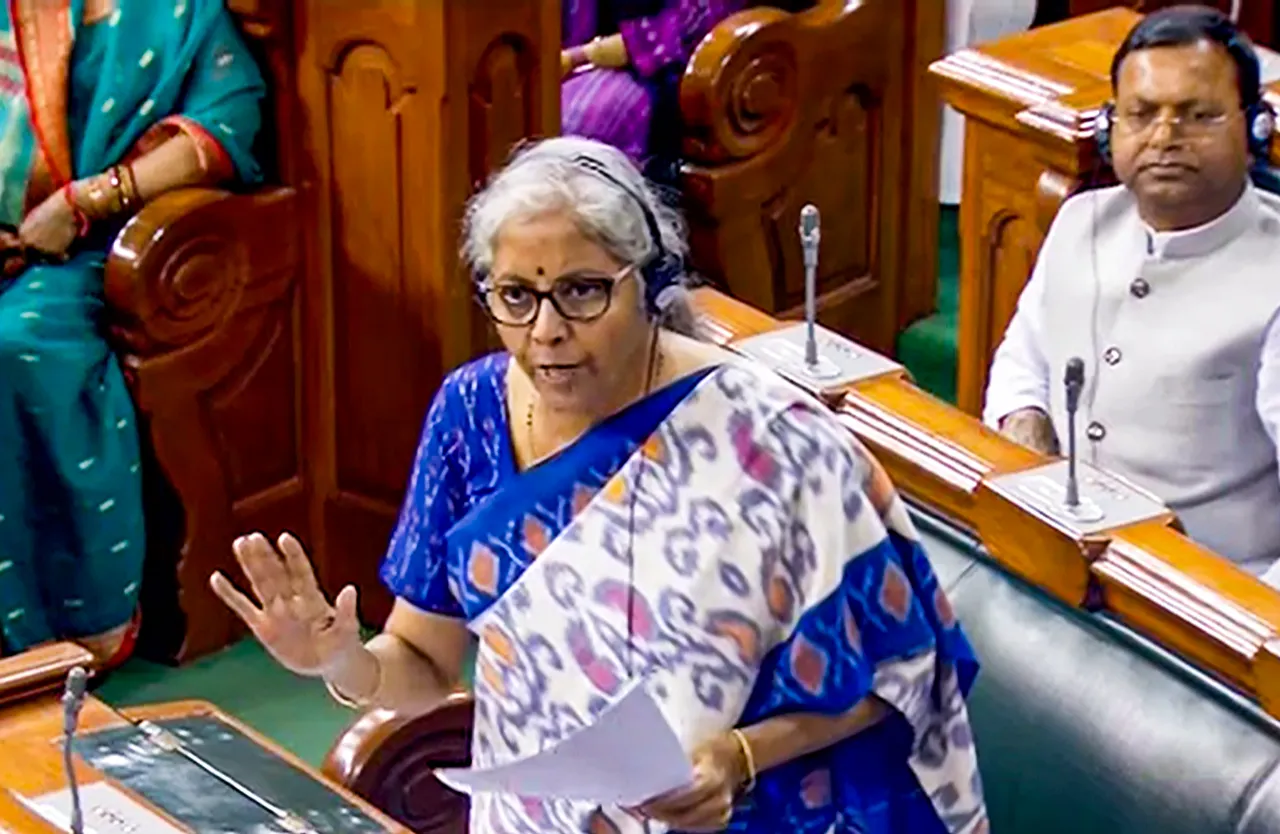Mumbai: Reserve Bank governor Sanjay Malhotra on Monday said that corporates and banks need to come together to boost investments amid challenges emanating from tariff uncertainties and geopolitical concerns, stressing that the central bank has not lost sight of growth objectives.
Speaking at the annual Fibac event here, the Governor said he is hopeful that the ongoing negotiations between the US and Indian trade representatives will yield a decision which will “minimize” the impact of tariffs on the domestic economy.
Amid concerns on the US move to slap 50 per cent tariffs on Indian goods and the likely impact on textiles, shrimps etc, Malhotra assured sector-specific help if some sections of the economy feel the heat.
Making it clear that monetary policy will take on board both inflation and growth dynamics, Malhotra said “we are at a critical juncture with challenges emanating from geopolitical front and tariffs, and focused more on ways of ensuring economic expansion.”
“At the time when the balance sheets of the banks and the corporates are at their best, they should come together and drive the animal spirits to create an investment cycle, which is so important at this juncture,” Malhotra said.
Malhotra said the focus on financial stability and price stability does not “inhibit” growth and there is no “tussle” between financial stability and growth.
Amid credit growth dipping to a three-year low in FY25, Malhotra said, “we are examining measures to expand bank credit across sectors.”
The RBI is “examining measures to enhance bank credit”, Malhotra said, without elaborating on the precise moves being planned.
C S Setty, the chairman of SBI who also leads industry lobby grouping IBA, pointed out that the credit demand from corporates has waned as entities shift to private credit and capital markets for their funding requirements.
“Banks have to look to step up financing for the next wave of long-term capex which is essential for India’s growth ambitions,” he said.
The SBI chairman also made a plea for allowing banks to do acquisition finance at least for the top companies, an area where they have been prohibited from till now.
Ruchin Goyal of BCG, a consultancy firm, said corporate lending has reduced over a period of time, pointing out that it now constitutes 36 per cent of the overall system exposure from being 60 per cent a few years ago.
Meanwhile, Malhotra also said that the RBI is also working on ease of doing business for the regulated entities which will also help reduce the cost of intermediation.
Acknowledging that RBI’s focus to give more autonomy to banks has led to an overburdening of bank boards, Malhotra said the RBI is trying to “rationalize” some of these macro policies that need to be approved by the boards, and leave the procedural aspects of the same to the managements.
Admitting that there is a feeling of the RBI seeking too much of details, Malhotra urged the stakeholders to cooperate with the asks pointing out that richer information will help it come out with better regulations.
The RBI intends to implement the Basel-III norms soon and the guidelines for expected credit loss will also be issued soon for public comments, he said.
Deepening financial inclusion and credit to small businesses, and enhancing customer service were called out as a priority for RBI by the Governor. “While we have opened accounts for almost the entire adult population courtesy the Jan Dhan Yojana, there is a scope for enhancing it,” Malhotra said.
Business correspondent networks need to be strengthened by increasing their numbers and also expanding the services that they are able to offer, Malhotra said.
Apart from that, the RBI is also reviewing the internal ombudsman framework to help on the customer service agenda, he said, adding that the significant credit gap on the small businesses front can be bridged by the unified lending interface.





